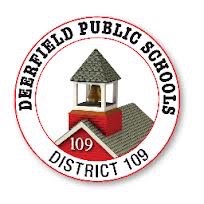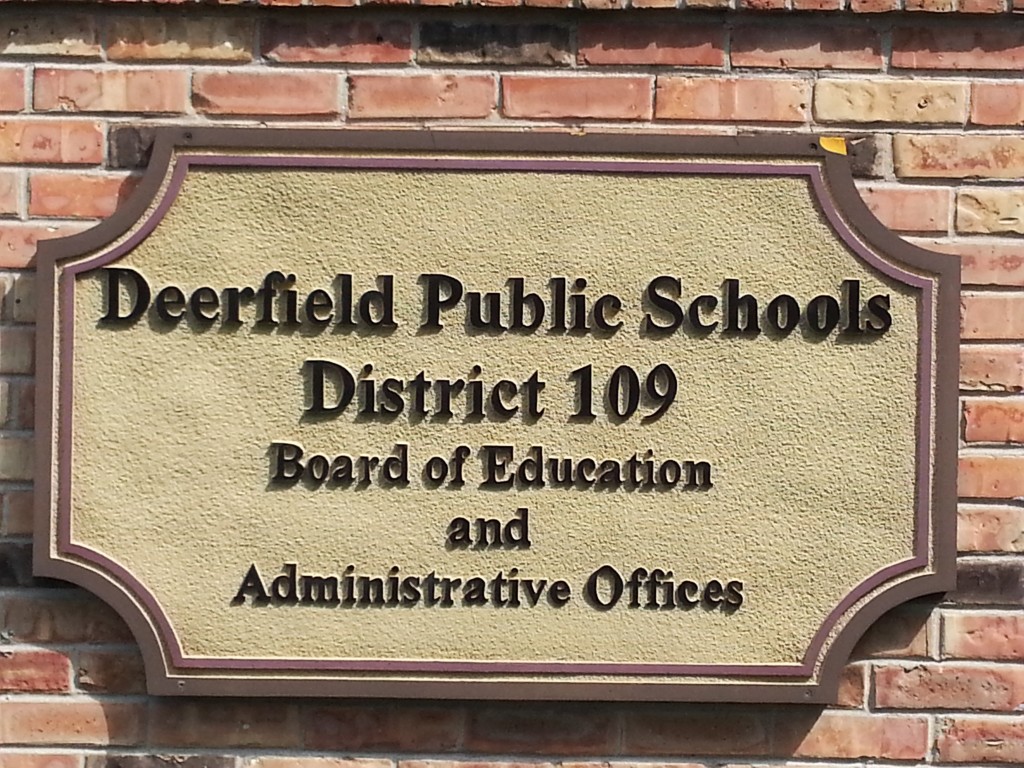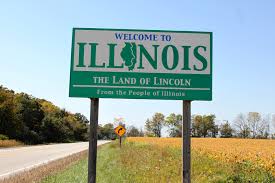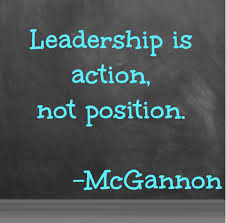“Strange as it sounds, great leaders gain authority by giving it away.”
– James B. Stockdale
We in education are grappling with perhaps the largest challenge to structural schooling in the history of the modern era! What is school for? Are we optimizing the greatest force for supporting and sustaining our democratic way of life? How do we ensure that the public school system is fully functional and designed to support a future unknown in this Information Age?
I’m a student of leadership. I’m a student of structural change. I’m working to lead our school system and our community for educational needs of today and not for yesterday’s needs. Beyond rhetoric and admiration of problems, I subscribe to proposals of change and I subscribe to what I am and what we are “FOR” not “against”.
I’ve often wrote about how it is incumbent upon us in education to focus on the newness, freshness, and excitement for each student each day. Every day is a new day for our students. Only one time to “do” first grade, for example; in most school experiences there are no “do overs” for these high impact life experiences. Often I ponder questions like these:
How can we make school, the system created in the 19th Century, relevant for today’s learners?
How can we make school, the system from Horace Mann’s era, meaningful for today’s learners?
How can me make school, the system resistant to change for so long, open to change for our future?
There are some ways to change school systems, but most have not been done so there are not many examples of effective structural change. We in change leadership are pioneers embarking upon the very essence of society and the essence of our place in history. From the 1980’s “A Nation at Risk” to the 2000’s “No Child Left Behind”, to today – we have been
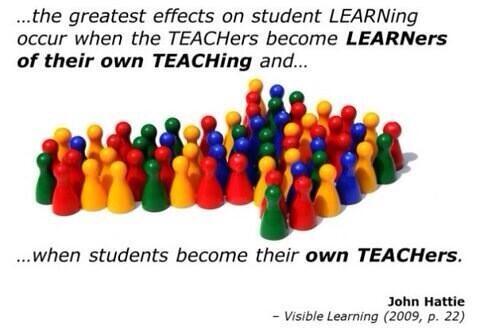
bombarded by what is “Wrong” with schools. Well, the Illinois Vision 20/20, of which our district is on record supporting, and creative leaders like Sir Ken Robinson and John Hattie are sharing thoughts and research (proof) about what changes can do.
In pursuit of my own leadership development and growth I am studying personalized learning. This year’s focus from the superintendent’s office is PIE: Personalization, Innovation, and Engagement. This year we are co-hosting  a community screening of the film Most Likely to Succeed on November 9, 2015, at the Deerfield High School Auditorium. From an email I sent to the community:
a community screening of the film Most Likely to Succeed on November 9, 2015, at the Deerfield High School Auditorium. From an email I sent to the community:
Click to learn more about the film, and to view the trailer.
The educational leaders of both school districts have chosen to show the film community-wide because we believe that it will generate important conversations that will help guide our schools’ transformation. It will allow us to start forming our collective vision of what the education of students in the School District 109 & 113 communities should look like. After the evening screening of the film at Deerfield High School, Joe Taylor, Assistant Principal for STEAM Instruction & Director of Instructional Technology at Deerfield High School, and Marcie Faust, Director for Innovative Learning for District 109, will be part of a panel discussion and Q&A session, moderated by District 109 Superintendent Mike Lubelfeld. The panel discussion will last 25-30 minutes.Please click here to RSVP so we can get an idea of the number of people who will be attending. This isn’t a binding RSVP – if your plans change at the last minute, or friends convince you to join them, please come. We want you there!
 I’m part of a national leadership team studying innovation and personalization from Utah. Please see this TEDx Video about this topic:
I’m part of a national leadership team studying innovation and personalization from Utah. Please see this TEDx Video about this topic:
I’m convinced we can and we will change education for the better and we will Engage, Inspire and Empower our students for now and more important FOR THEIR FUTURES!
